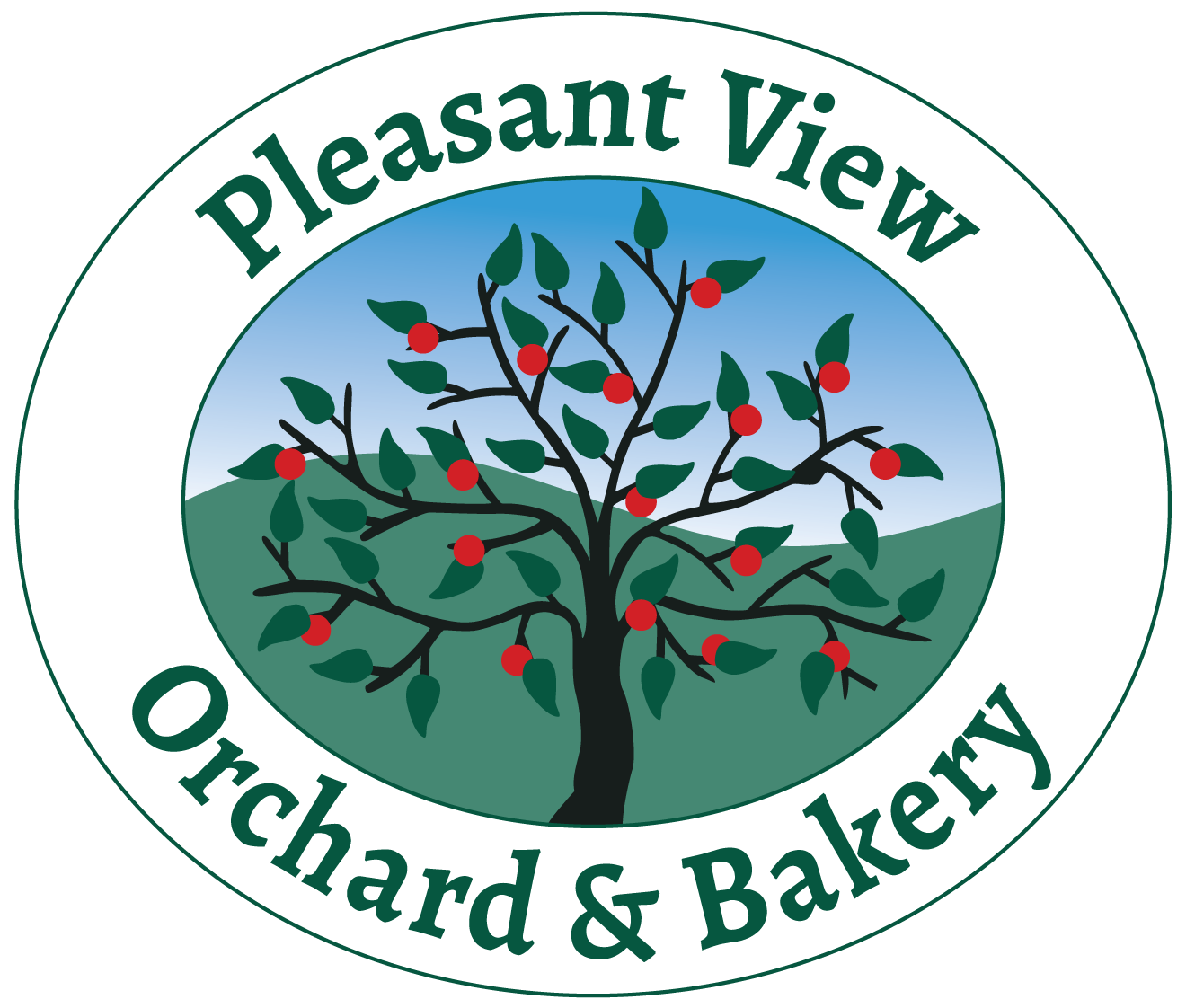
American Oberhasli Dairy Goats
In Summer 2023 we made a very difficult decision and completely downsized our herd. We hope to get back into the breed again someday. For your reference we’ve kept the information on how we chose to care for and raise our goats at the bottom of this page.
Though we may not currently be raising “Obers”, we have a wide network of friends and connections who DO have American Oberhasli goats (as well as other breeds) and potentially have some for sale. Contact our son, Andy, and his wife, Sara, at greengrass.prettygirls@gmail.com for assistance on locating goats for sale. You can also follow them on their Facebook page if you like homestead farming, “Paradise City Farm”. Andy and Sara can also connect you with folks selling other livestock (pigs, sheep, chickens, etc.) along with farm-fresh eggs, vegetables, etc.
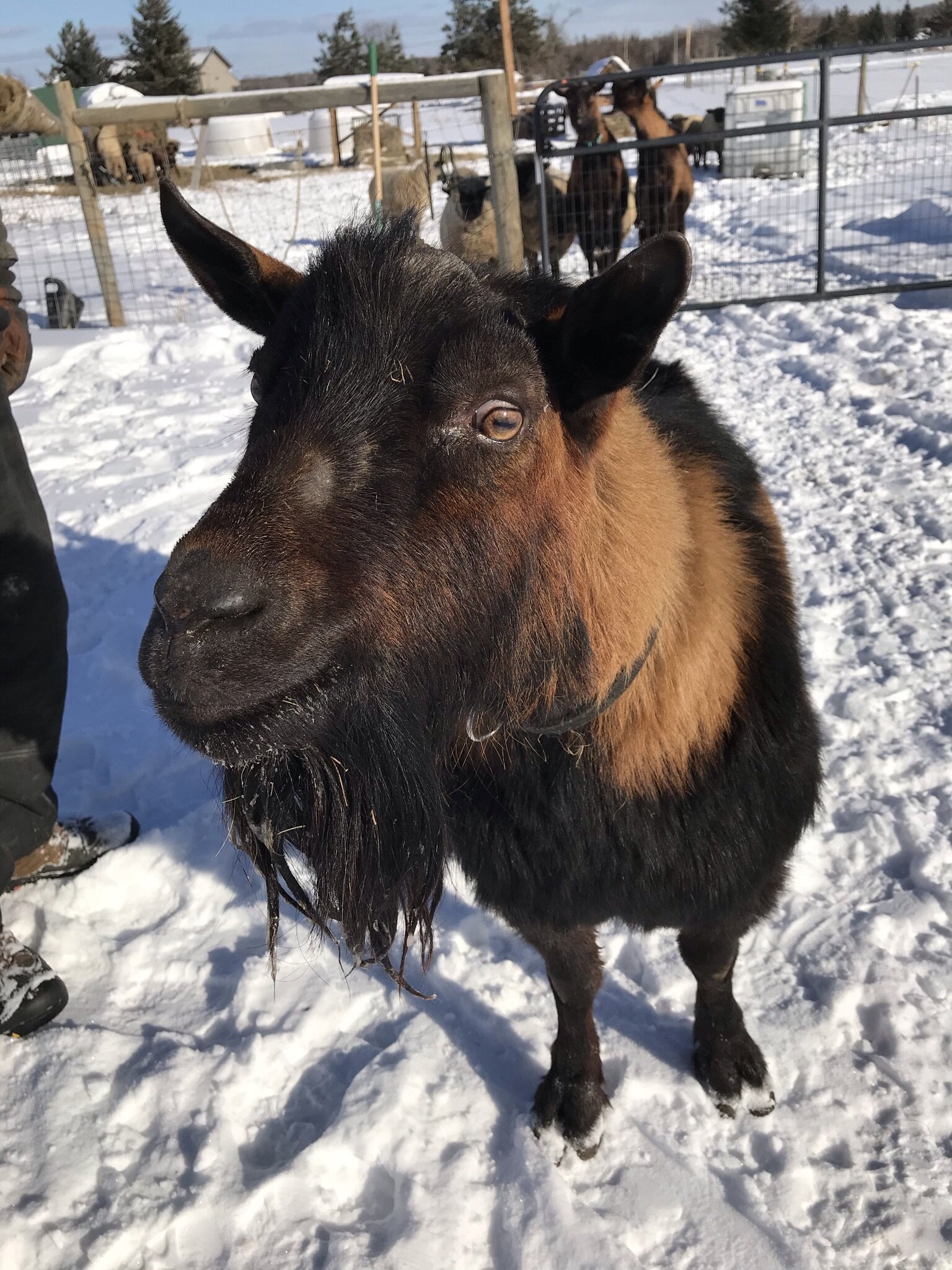


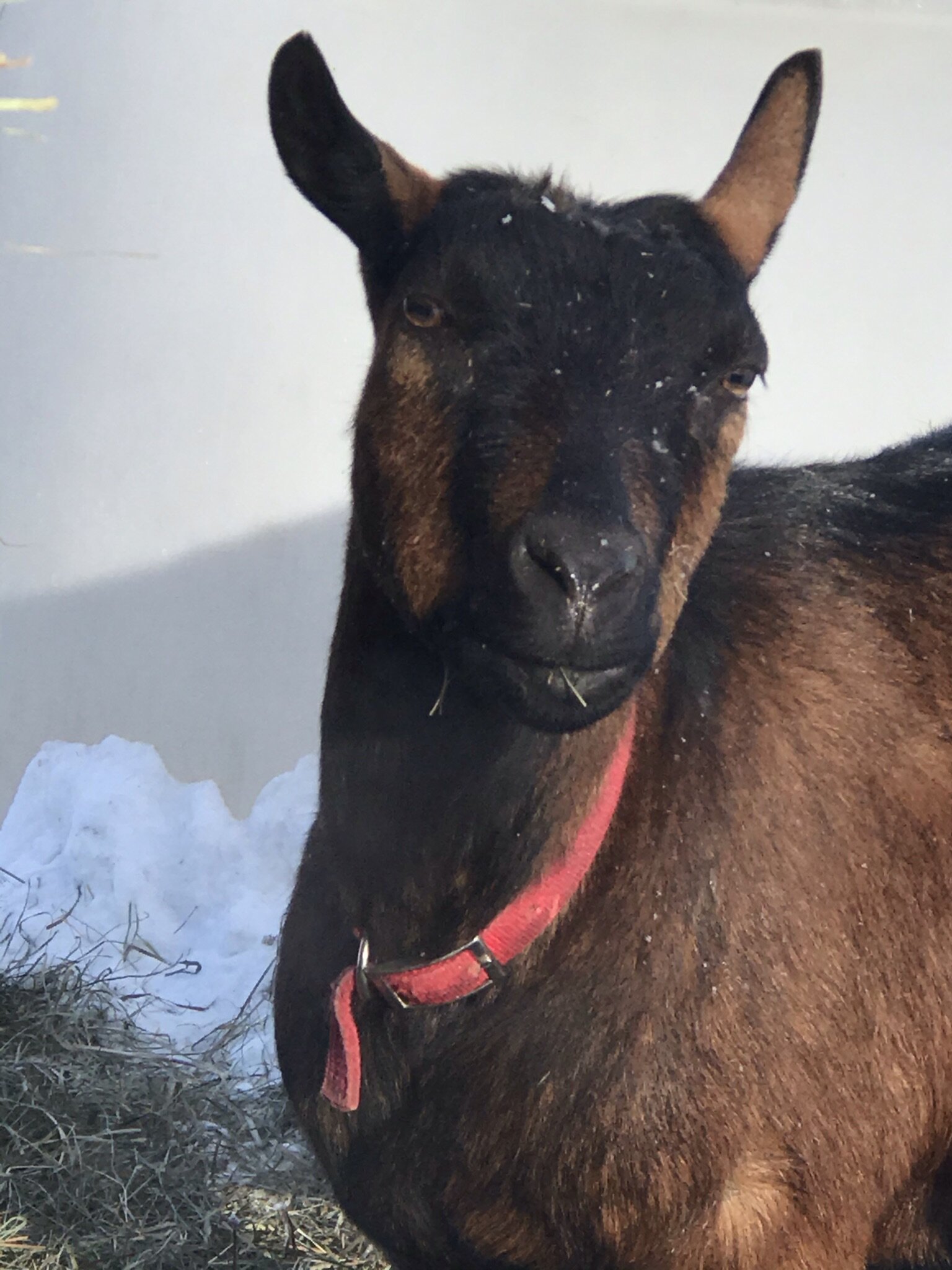


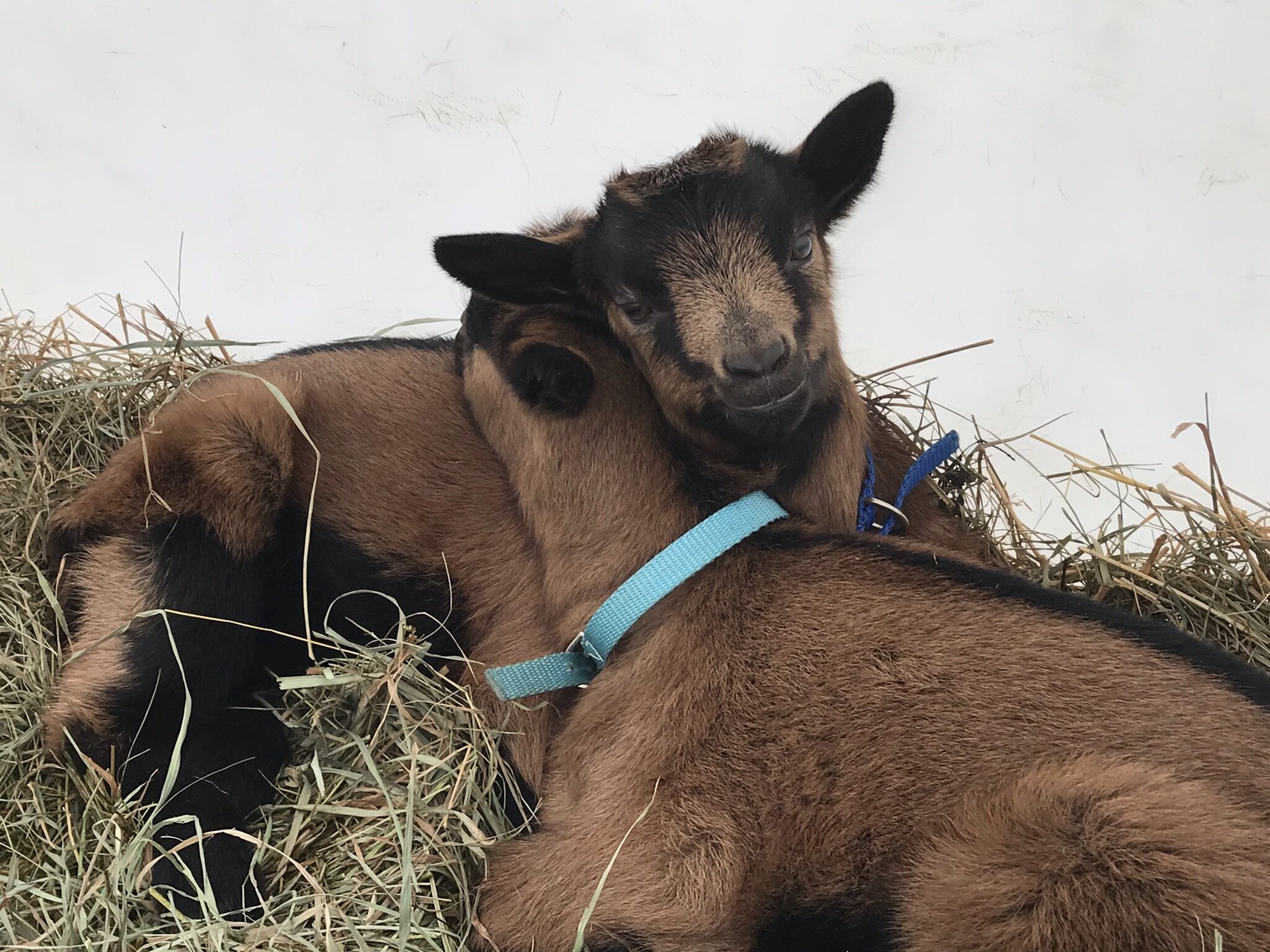

Our Way of Raising Goats
We believed healthy goats are the product of good breeding lines, good nutrition, and the environment to which they reside. Our goats had year-round access to fresh, clean water, vital minerals and baking soda in addition to their diet staples of quality grass hay and alfalfa. We housed them on several acres of grass pasture where they were free-range, and as a nourishing treat we supplemented their diet with branches from our woods (they absolutely LOVED spruce, red and white pine needles, and even balsam bark). Our does-in-milk also received a daily ration of a customized blend of grains (contact us for the “recipe” to have your preferred feed mill make). Last but not least, our goats received daily love and affection from us for the wonderful joy they bought to our lives! Regardless of their age our goats did not receive any medications or vaccines unless they showed symptoms of illness. We chose to raise them as naturally as possible, and address any issues as they arose.
For more detailed information of how we handled raising our Oberhasli kids from birth to sale, feel free to contact us.
Why We Chose American Oberhaslis
There were multiple reasons:
Oberhasli are one of the smallest full-size breeds, very efficient at converting forage into milk;
Their milk is delicious, “middle of the pack” for butterfat and protein with a taste that’s sweeter than most breeds;
Their milk also allows for good fermentation, which when processed makes terrific kefir and cheese;
Oberhasli roots trace to Switzerland, making them one of the most cold-tolerant breed of goats (a primary requirement for our location up here near Michigan’s Upper Peninsula!), and
Above all, they have one of the most docile temperaments. It’s very easy to fall in love with an Ober, and once you earn their trust they will reward you with a lifetime bond and affection.
Before pursuing ownership of any animal specie or specifically breed of goat, we strongly encourage you to do in-depth research and talk with multiple goat owners about their experiences and knowledge. Goats can be incredibly hardy, yet incredibly fragile. Their care can be relatively easy, but they do need to avoid some vegetation for the safety of their health and have requirements for nutrition which they cannot survive without. They also are a “prey” animal, hiding any illness or weakness until it can be too late for effective treatment, if you are not paying close attention to their body language, behavior and signs of illness. It is very wise to keep a specific goat First Aid kit prepared and ready on your farm to have the necessary medicines on-hand (both topical and for subcutaneous injection). Feel free to contact us for First Aid kit suggestions.
Breeding
All of our does and breeding buck(s) were registered with the American Dairy Goat Association (ADGA). A doe was never allowed to be bred unless she was of sound age and excellent health. We also kept accurate records to ensure appropriate breeding lines between our bucks and does. All of our goats were American Oberhaslis; we did not own any purebreds nor any mixed breeds.
